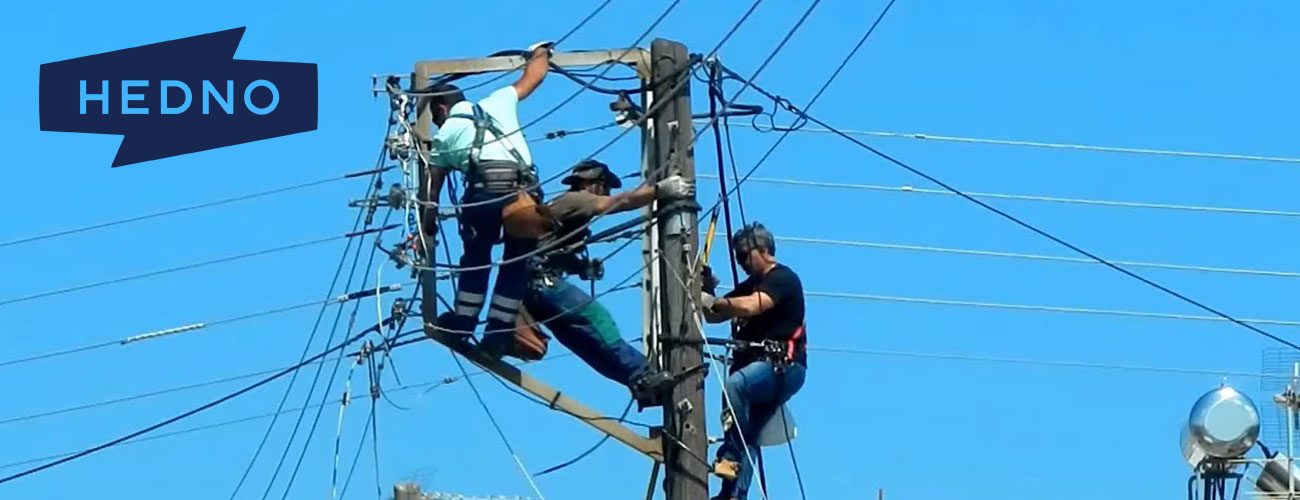What’s the Good Practice about?
The University of Western Macedonia is cooperating with the HEDNO Human resources and Education departments to upskill the personnel of the Hellenic Electricity Distribution Network Operator on the new challenges that the electricity grid is facing, such as the renewable energy sources and energy storage units commissioning and connection to the network, groundings.
By law, the Hellenic Electricity Distribution Network Operator must certify the personnel that works on the electricity grid both for safety technicians and for the electrotechnicians B’ class license. Since the electricity grid is transforming and faces new challenges, the personnel need to be re- or upskilled towards these changes.
A mixed (lab and theory), asynchronous education web-platform was developed with educators from HEDNO and the University. The program also consists of exams, laboratory exercises, onsite visits, and procedures for commissioning.
Why implementing the Good Practice? What are the special features of the Good Practice?
Due to the high number of coal-fired plants that used to be in the region, there is already a training center of the Hellenic Electricity Distribution Network Operator located there. After the country’s transition to Renewable Energies started, most of the Renewable Energy Units were established in the region to counterbalance the shut-down of the coal-fired plants. Therefore, the region was the most experienced in the connection of Renewable Energies to the electricity grid and it was the first that faced accompanying problems. So, the HEDNO contacted the region’s University to develop a training program.
There are many energy transition regions in Europe. Moreover, all electricity grid operators face the same problems in Europe (smart grid challenges) and they face the need to upskill their personnel on these issues.
What are the challenges in implementing the Good Practice?
What’s the key to success?
The HEDNO training center already existed in the region and a different collaboration with the University already existed, which made the project easier to implement. Good coordination between the involved stakeholders and education institution is needed.
For the seminars, skilled personnel are needed. But since they are working on the electricity grid, it is possible that they cannot attend the seminars they are supposed to be giving, due to an urgent situation on the electricity grid. This makes planning difficult.
Because of the energy transition, there are a lot of Renewable Energy Units in the region, which is not the same in every region.

